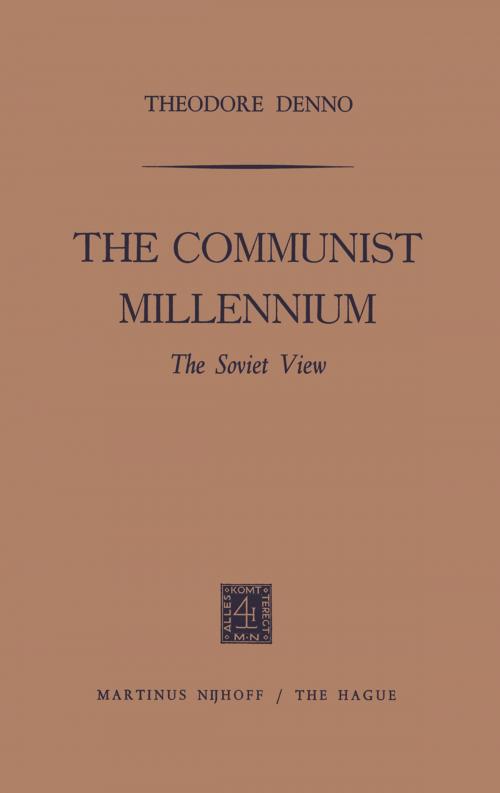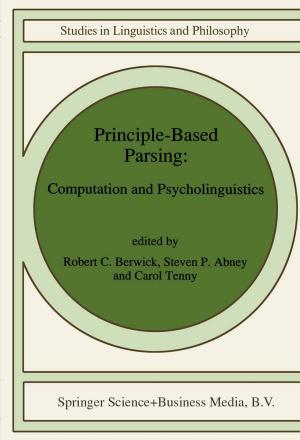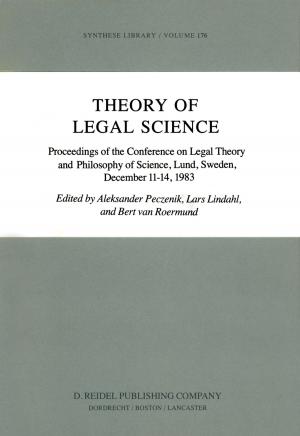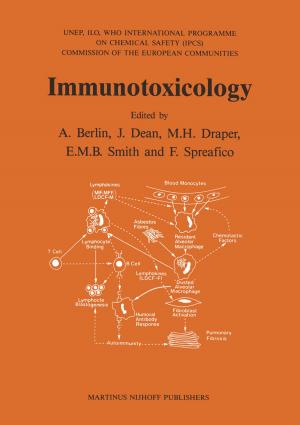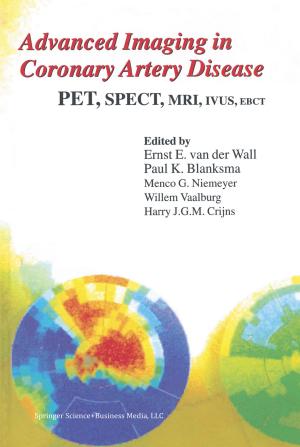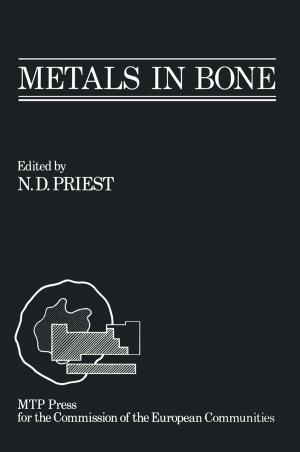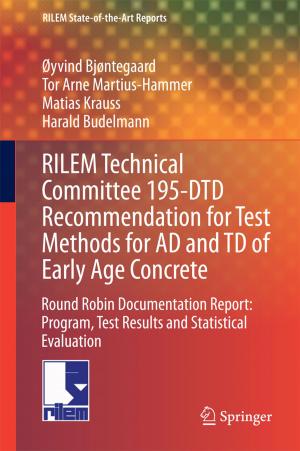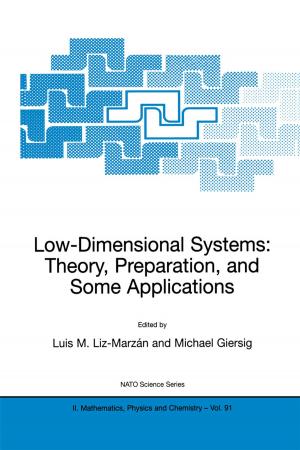| Author: | Theodore Denno | ISBN: | 9789401509176 |
| Publisher: | Springer Netherlands | Publication: | December 6, 2012 |
| Imprint: | Springer | Language: | English |
| Author: | Theodore Denno |
| ISBN: | 9789401509176 |
| Publisher: | Springer Netherlands |
| Publication: | December 6, 2012 |
| Imprint: | Springer |
| Language: | English |
Neither of the founders and none of the subsequent leaders of the Communist movement ever wrote a full analysis of what he expected the future society to be. Throughout the vast literature of Marxism there is nothing in general or detail which devotes itself to this goal as such. There are several obvious reasons for this: Marxists, having excoriated utopian, Le. , pre-Marxist, socialism for its idealism and chimeras, for not being based on the only scientific analysis of society, historical materialism, have sedulously avoided going beyond that analysis themselves. The dynamic of this materialism is, consistently, self-restrictive, non-mechanistic, zeitgebunden; it develops the past in terms of actions and counteractions in social time, and sees naturallaw at work in each stage of social-economic organization - Le. , in history. It sees the exhaustion of an era in the completion of its logic and the unconscious creation of its successor. Therefore the discarding of capi talism as historically depleted and the rise of socialism-communism as the next stage, the next logic and law of economic development, are forecast. This is the given, the premise, the Naturnotwendigkeit of material society, the reason of social efficiency and of course one of the data of capitalism. According to E. H.
Neither of the founders and none of the subsequent leaders of the Communist movement ever wrote a full analysis of what he expected the future society to be. Throughout the vast literature of Marxism there is nothing in general or detail which devotes itself to this goal as such. There are several obvious reasons for this: Marxists, having excoriated utopian, Le. , pre-Marxist, socialism for its idealism and chimeras, for not being based on the only scientific analysis of society, historical materialism, have sedulously avoided going beyond that analysis themselves. The dynamic of this materialism is, consistently, self-restrictive, non-mechanistic, zeitgebunden; it develops the past in terms of actions and counteractions in social time, and sees naturallaw at work in each stage of social-economic organization - Le. , in history. It sees the exhaustion of an era in the completion of its logic and the unconscious creation of its successor. Therefore the discarding of capi talism as historically depleted and the rise of socialism-communism as the next stage, the next logic and law of economic development, are forecast. This is the given, the premise, the Naturnotwendigkeit of material society, the reason of social efficiency and of course one of the data of capitalism. According to E. H.
